The Second Niger Bridge formally commissioned by President Muhammadu Buhari on Tuesday, is one of the legacy projects of the current administration.
Being a key national infrastructure, the project which was designed to eliminate the recurring traffic congestion on the Niger River Bridge, built in 1965, connects Asaba in Delta State and Onitsha in Anambra State.
Additionally, it is meant to connect the South-East with the rest of the country and boost economic activities by enhancing the free movement of goods and services in the region.
Join our WhatsApp ChannelAccording to the Sovereign Investment Authority (NSIA), the total cost of the project was N406.2 billion, funded through the Presidential Infrastructure Development Fund (PIDF). The project was split into two phases.
Phase one of the project involves the following:
- Construction of 1.6km bridge over the River Niger
- Construction of 10.3km approach roads from Asaba and Onitsha;
- Construction of two (2) secondary bridges at Amakon Village Road and Atani Road of 21.7m each; and
- Construction of a new cloverleaf interchange at Onitsha – Owerri Road
READ ALSO: South-East Governors Name Second Niger Bridge After Buhari
Phase 2 of the project is the construction of two approach roads (Phase 2A, Benin – Asaba and Phase 2B, Onitsha – Enugu) each measuring 17.5km.
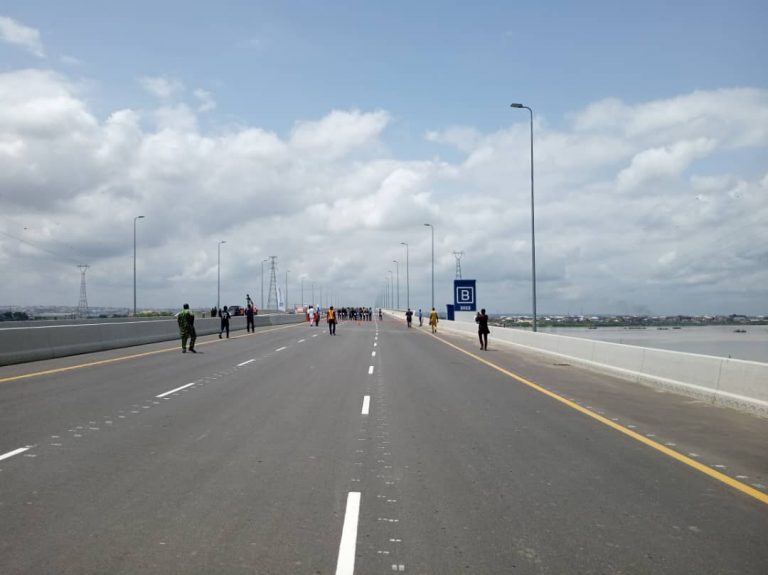
Various Proposed To Construct the Bridge
Historically, the construction of the Second Niger Bridge had been proposed as early as 1987 during the military administration of General Ibrahim Babangida but the plan was stalled following the turmoil that led to the abrupt end of the regime.
It was later conceptualized in 2005 by President Olusegun Obasanjo administration. The Obasanjo government’s plan for a six-lane, 1.8 km tolled bridge, was to be funded through a public-private partnership (PPP) and completed in three-and-half years. The groundbreaking of the bridge was performed on May 24, and to cost N58.6 billion under PPP arrangement with the contractor, Gitto Group, providing 60 per cent of the fund, the Federal Government providing 20 per cent and the governments of Anambra and Delta States each contributing 10 per cent. However, no major activity was carried out on the project beyond the flag off of the project.
Under Umaru Musa Y’Adua government, the project was again re-proposed to be financed under the PPP arrangement. Unfortunately, the death of President Yar’Adua halted it.
During Dr Goodluck Jonathan’s administration, he promised during his campaign in 2011 general election, to construct the bridge if elected. A 2015 Annual report of NSIA shows that preliminary construction activities on the 2nd Niger Bridge project site was initiated and negotiation of the Concession Agreement for the bridge project reached advanced stages as at the end of December 2015. However, the project was not achieved.
The construction formally began in 2016 under the Buhari administration. Buhari dropped the PPP financing arrangement put in place by Jonathan’s administration and went on with the PIDF.
In 2021, the Minister of Works and Housing, Babatunde Fashola, reportedly said that the Buhari administration abandoned the PPP financing model for major infrastructure projects, including the Second Niger Bridge, and the Lagos-Ibadan Expressway because investors could not secure needed funding from banks.
President Buhari on 17 May 2018 approved the establishment of the Presidential Infrastructure Development Fund (PIDF) to be managed by the Nigerian Sovereign Investment Authority, and invested specifically in critical road and power projects across the country.
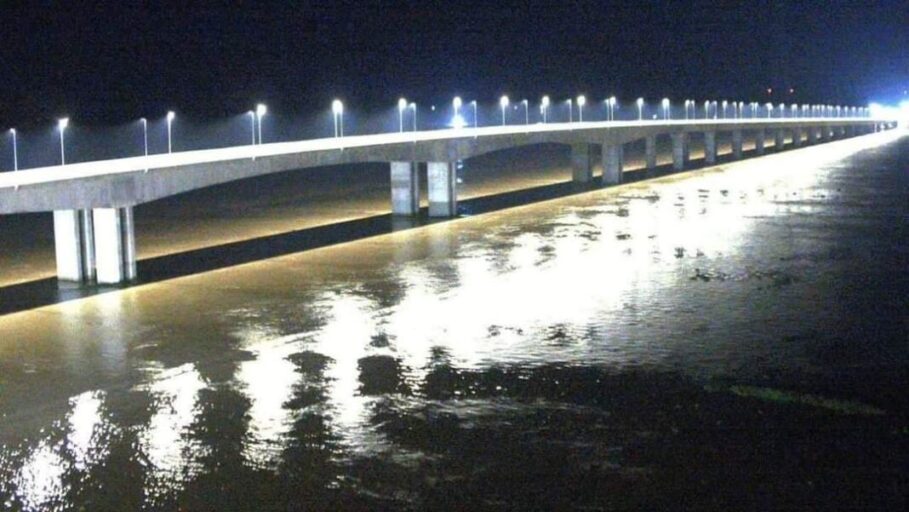
Upon completion, the bridge was partially opened to local traffic on 15 December 15, 2022, to ease traffic during the Christmas period and later closed in January 2023. The project is a 1.6 km long structure, furnished with other ancillary infrastructure including a 10.3 km highway, Owerri interchange and a toll station all at Obosi town in Anambra State.
Buhari commissioned seven legacy other projects completed by the Federal Ministry of Works and Housing across the country, which include: the Loko-Oweto Bridge in Nasarawa State, Ikom Bridge in Cross River, Kaduna-Kano road, Federal Secretariats in Zamfara, Anambra and Bayelsa states and Wagon Assembly Plant in Kajola, Ogun State.
The commissioning was done virtually by the president.
Victor Ezeja is a passionate journalist with seven years of experience writing on economy, politics and energy. He holds a Master's degree in Mass Communication.

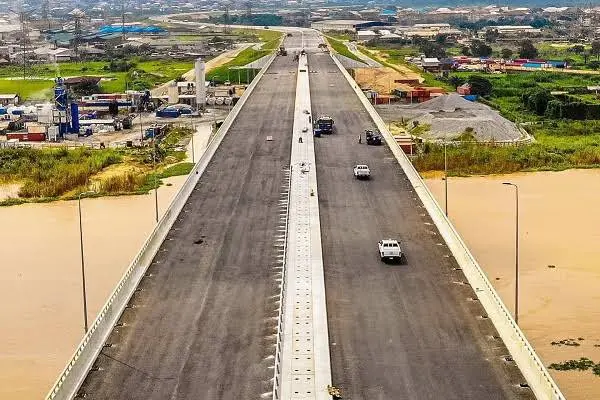





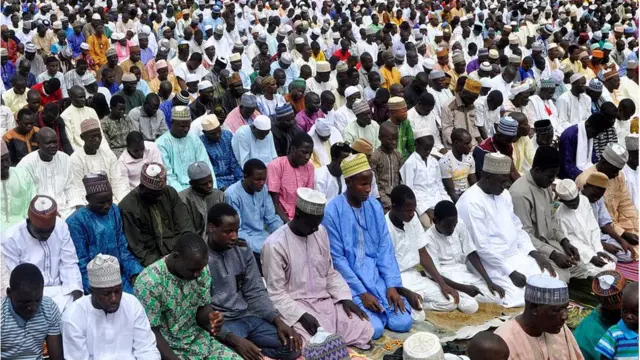








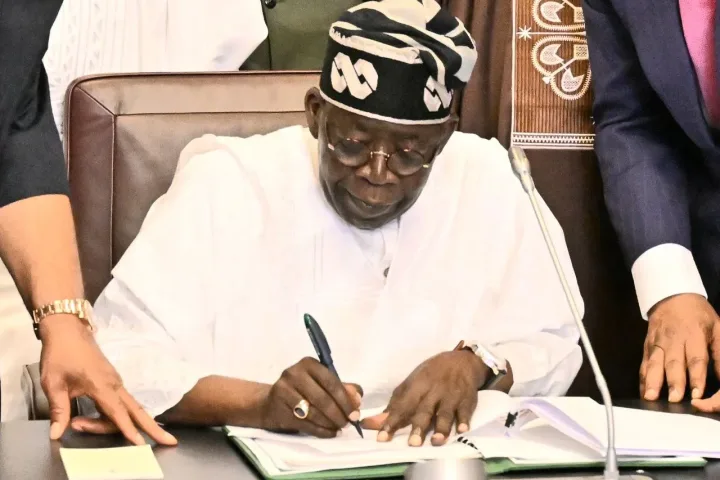
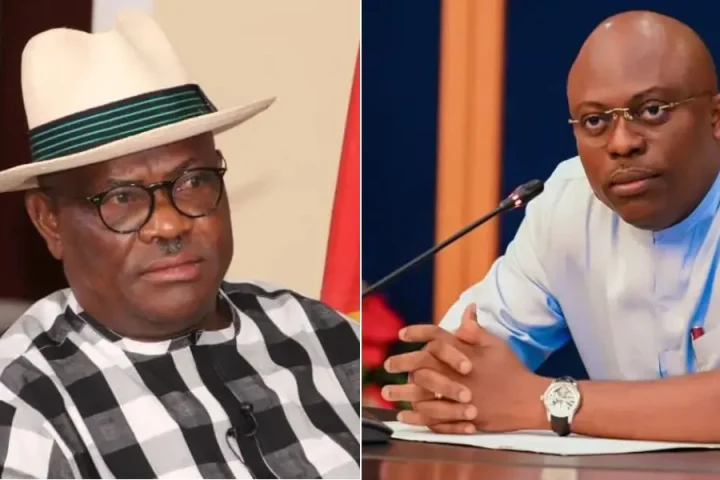

Follow Us